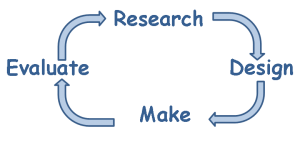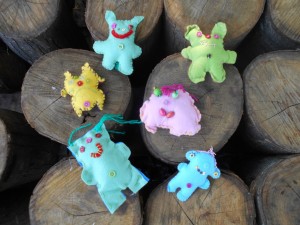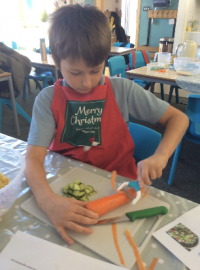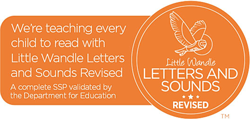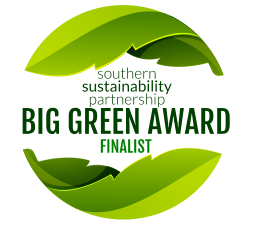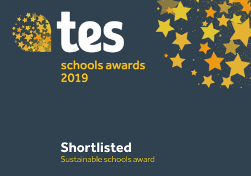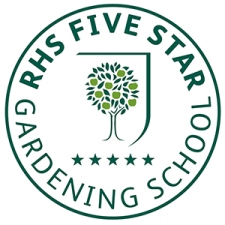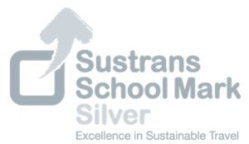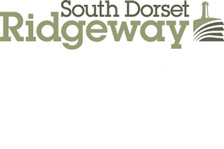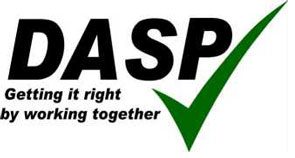Design & Technology
At Damers, Design and Technology (DT) is an inspiring, practical and relevant subject. The DT curriculum is divided into key areas of learning which include cooking and nutrition, resistant materials and textiles. During each academic year, every child will gain experiences in all areas of the DT curriculum
DT encourages children to use creativity and imagination to design and make products and recipes. Our children are encouraged to take risks and experiment when solving design problems.
The Design Process
In both key stages projects are developed by using a structured design process. At the beginning of a topic the children will be given a design brief. This tells them what they are expected to produce by the end of the topic. A design brief might be very simple such as ‘Design and bake a healthy flapjack’.
The Design Process is central to the development of any new product. At Damers we structure the process into 4 key sections.
Phase 1: Research
This phase allows the children to find out what products/recipes are already available and encourages the children to find out the strengths and weaknesses of these products. During this phase children will test new materials or ingredients.
Phase 2: Design
Using the knowledge they have gained during the research phase, the children design their new product. This will often include detailed annotated drawings and lists of ingredients, tools and materials.
Children are encouraged to follow their original designs very carefully. During this phase children will have the opportunity to learn new skills and develop their technical expertise.
Phase 4: Evaluate
Children are encouraged to be critical thinkers. They evaluate whether their product or recipe was successful and fulfilled the design brief. If it did – fantastic, if not the children are encouraged to think about how they would improve their product in future.
Cooking and Nutrition
As part of their work with food, pupils are taught the importance of good nutrition and healthy eating. Learning how to cook is a crucial life skill and at Damers we aim to instil a love of cooking in our children. With our class gardens producing an array of seasonal vegetables, we aim to use as much home grown produce as possible.
What Skills Will My Child Learn?
Years 1 & 2
- Generate designs that are functional and appealing.
- Select from and use a range of tools and equipment to perform practical tasks such as cutting, joining, shaping and finishing.
- Select and use appropriate materials and components for construction, textiles and ingredients for cooking.
- Be able to evaluate existing products.
- Evaluate their own ideas and final products against the design criteria.
- Explore how structures can be made stronger, stiffer and more stable.
- Use mechanisms such as levers, sliders, wheels and axels.
- Understand the basic principles of a healthy and varied diet.
- Understand where food comes from.
Years 3 & 4
- Research products and generate designs that are functional, appealing and innovative, that are fit for purpose and aimed at a particular market.
- Model and communicate ideas through discussion, sketches, diagrams, prototypes and computer-aided design.
- Select from and use a wider range of tools and equipment to perform practical tasks such as cutting, joining, shaping and finishing accurately.
- Select from and use a wider range of materials and components for construction, textiles and ingredients for cooking, according to their functional and aesthetic qualities.
- Investigate and analyse products that are already available.
- Evaluate their own ideas and final products against the design criteria and begin to think of ways to improve their work.
- Explore how more complex structures can be made stronger, stiffer and reinforced.
- Begin to use more advanced mechanisms such as gears, pulleys, cams, levers and linkages.
- Use simple electrical systems such as switches, bulbs, buzzers and motors.
- Apply the principles of a healthy and varied diet.
- Prepare and cook a selection of dishes using a variety of cooking techniques.
- Understand seasonality and know where and how ingredients are obtained.
Food Technology
Food is a tool for learning and links closely with the main Harmony principles that underpin our curriculum. Our aim is for our pupils to make connections between their food choices and personal and planetary health. Pupils are encouraged to gain a deeper understanding of sustainability; from learning about where our food comes from, how it is grown, how we plant and nurture food in our school garden, to incorporating it into a recipe to make in our school kitchen. Pupils will develop a growing awareness of food cycles, seasons, and the time that it takes for things to grow, in order to plant and grow successfully.
We aim to instill a love of cooking in children from an early age and equip them with crucial life skills for the future. We have progressive key skills throughout each year group.
| Foundation & Year 1 Skills: | Year 2 Skills: | Year 3 Skills: | Year 4 Skills: |
| Using a spoon, mashing with a fork | Using a knife | Knife skills (bridge and claw) | Knife skills (bridge and claw) |
| Spreading with a knife | Threading onto a stick | Using a kettle | Using a hob |
| Kneading / shaping dough | Rubbing in | Cracking an egg | Using a blender |
| Using a cutter | Mixing wet and dry ingredients | Shortcrust pastry – shaping and rolling out | Shaping pastry |
| Using an oven | Using an oven | Coating and enrobing |
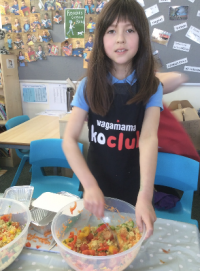 The curriculum focuses on the importance of a healthy and varied diet and how this can be achieved whilst enabling children to produce tasty and interesting meals and snacks. Basic nutrition, hygiene and safety, weighing and measuring are incorporated into every lesson to ensure confidence when preparing food from recipes. Children will be making products from scratch, and gaining confidence and independence when preparing a wide range of ingredients as well as learning many new food preparation skills. Pupils are fully involved in the process; tasting and evaluating the products they make is all part of the fun. These activities are often incorporated by the whole school during our Healthy School week in the summer term.
The curriculum focuses on the importance of a healthy and varied diet and how this can be achieved whilst enabling children to produce tasty and interesting meals and snacks. Basic nutrition, hygiene and safety, weighing and measuring are incorporated into every lesson to ensure confidence when preparing food from recipes. Children will be making products from scratch, and gaining confidence and independence when preparing a wide range of ingredients as well as learning many new food preparation skills. Pupils are fully involved in the process; tasting and evaluating the products they make is all part of the fun. These activities are often incorporated by the whole school during our Healthy School week in the summer term.
As pupils progress through the school they will plan and prepare increasingly challenging food, further developing their understanding of the links between science and food, nutrition, and the functions of ingredients.
Food has been a huge part of traditional and cultural celebrations for centuries and is an ideal medium for sharing cross-curricular links with other subjects.
Literacy and Food
- Reading and following instructions.
- Writing instructions about recipes they have used.
Numeracy and Food
Using numeracy is a huge part of cooking. Pupils learn to develop a range of these skills within food technology lessons:
- Understanding how to measure foods and liquids.
- Doubling and halving recipes.
- Basic fractions using measuring cups.
- Measuring equivalents (How many tablespoons in a cup?)
There is so much science happening in the kitchen and children have lots of fun with all of the reactions that happen while baking, for example, observing how bread can proof in a warm place before being cooked shows pupils how yeast reacts in the recipe to make the bread grow.
Geography and Food
- Learning where your food comes from in the world and the type of climate and environment in which it needs to grow.
- Learning about the ethnic origins of different meals.
- Cooking ethnic meals from around the world while you study them.
- Using the celebration of food to develop our social and cultural understanding.
Religious education and Food
- Learning about how food plays an essential role in celebrations of different cultures.
Community and Food
Throughout the seasonal cycles, our pupils work alongside our community volunteer gardeners who offer guidance and practical gardening skills to enable our children to develop a more ethical approach to the growth and manufacture of food and how to care for our planet.
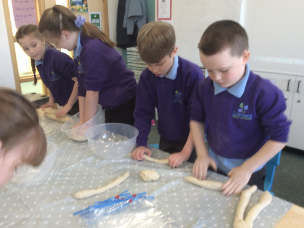 We will be launching a new initiative which involves Key Stage two children developing their interest in this area further by taking part in the ‘Damers cooking at home passport.’ This encourages children to bake and cook at home and record what they have done to share with their teachers and the food technology coordinator. This will be celebrated with the whole school to raise the profile of food and inspire others by awarding children the status of Star Bakers.
We will be launching a new initiative which involves Key Stage two children developing their interest in this area further by taking part in the ‘Damers cooking at home passport.’ This encourages children to bake and cook at home and record what they have done to share with their teachers and the food technology coordinator. This will be celebrated with the whole school to raise the profile of food and inspire others by awarding children the status of Star Bakers.
The Food Technology curriculum also encourages creativity and competition in an annual Bake Off competition run yearly in the summer term.
